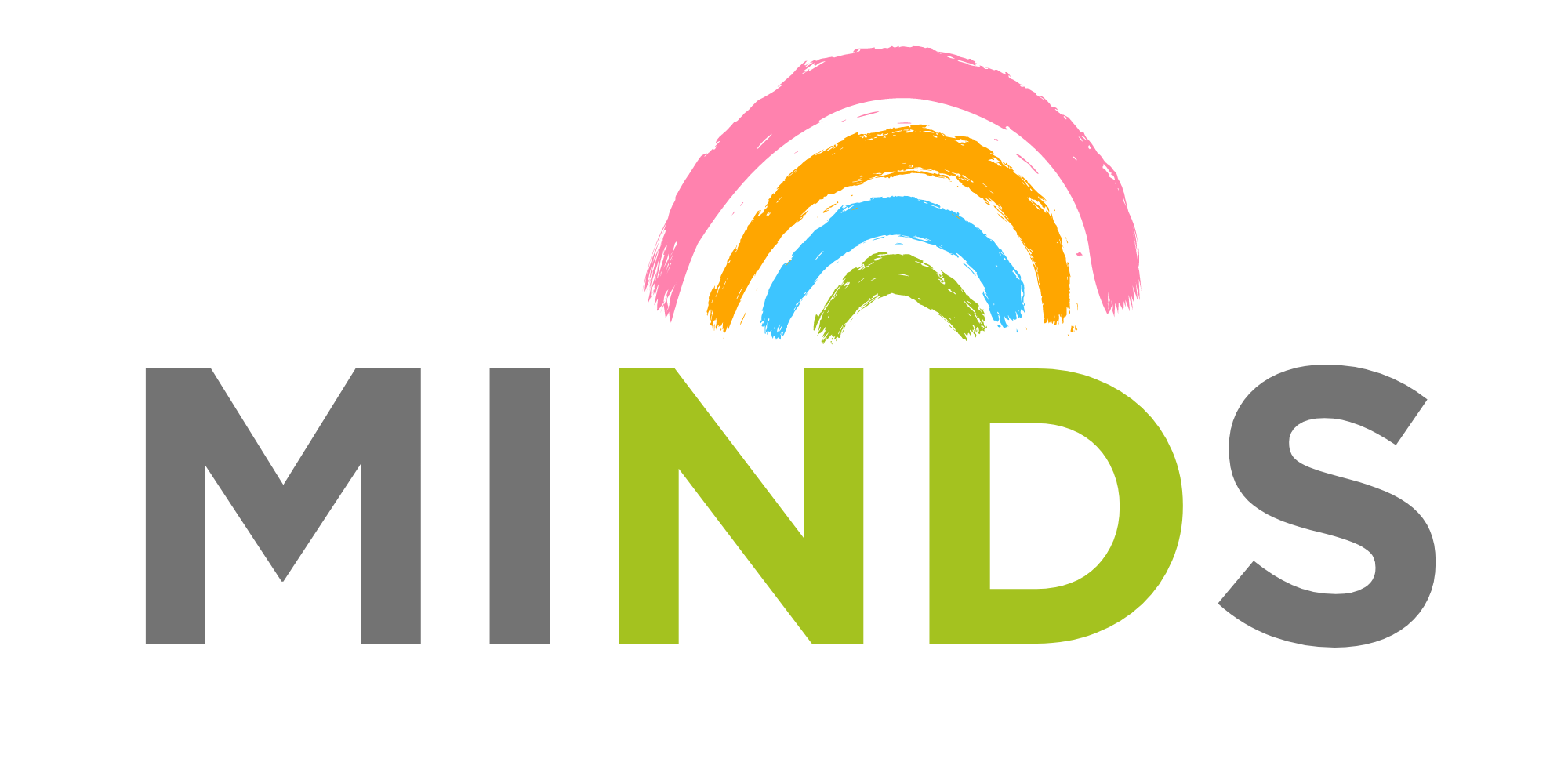Neurodivergent individuals are often experts in their own condition – in much the same way a builder would be intimately familiar with their trade if they’d have lived with it since birth. Yet, some research fails to thoughtfully include neurodivergent individuals – missing out on the valuable insights that come from lived experience: the minutiae of daily life, a differing perspective on the world, and a challenge to deficit-based perceptions1,2.
As an neurodivergent researcher, I am proud to be able to conduct research for and with members of my community. Through MINDS, we want to promote inclusive practices through encouraging and supporting researchers to work with neurodivergent individuals from the start, highlighting good practices, and providing a platform to empower neurodivergent people to have an input on research that directly affects them3.
~Daniel
Meet our Team

Daniel Gill
PhD Student, QMUL

Dr Ekaterina Ivanova
Lecturer, QMUL
What we do…
- Share examples of great inclusive practices in research through our blog and on our LinkedIn page.
- Organise events where researchers and neurodivergent people can network, create connections and share their experiences.
- Disseminate recent developments in science and technology directly to neurodivergent people in a way non-researchers can understand and use.
Get Involved
Follow us on LinkedIn, sign up to our mailing list, and come along to our events!

References:
1. Le, Lindy. 2024. ‘“I Am Human, Just Like You”: What Intersectional, Neurodivergent Lived Experiences Bring to Accessibility Research’. https://doi.org/10.1145/3663548.3675651.
2. Spiel, Katta, and Kathrin Gerling. 2021. ‘The Purpose of Play: How HCI Games Research Fails Neurodivergent Populations’. ACM Transactions on Computer-Human Interaction 28 (2): 1–40. https://doi.org/10.1145/3432245.
3. Fletcher-Watson, Sue, Kabie Brook, Sonny Hallett, Fergus Murray, and Catherine J. Crompton. 2021. ‘Inclusive Practices for Neurodevelopmental Research’. Current Developmental Disorders Reports 8 (2): 88–97. https://doi.org/10.1007/s40474-021-00227-z.